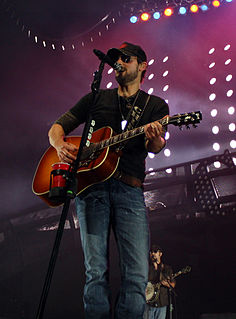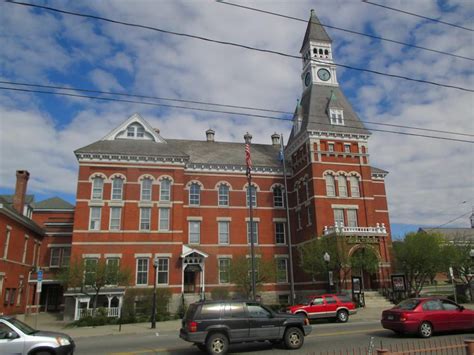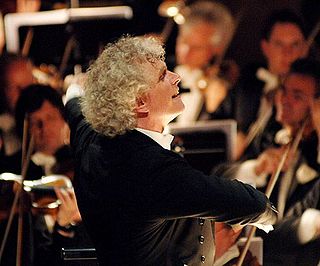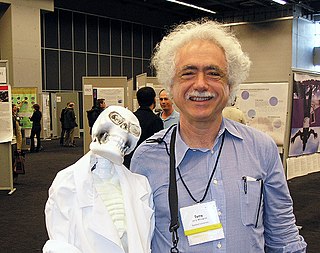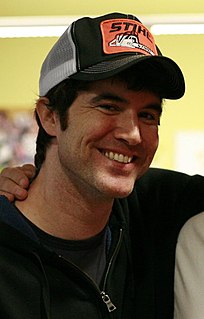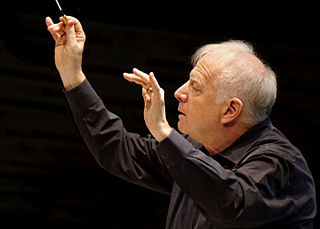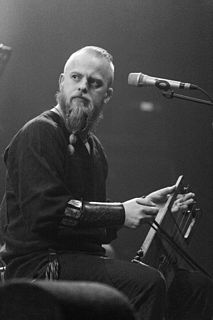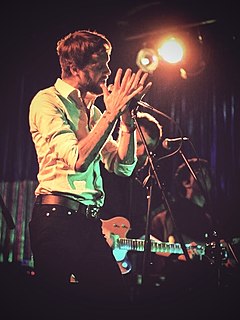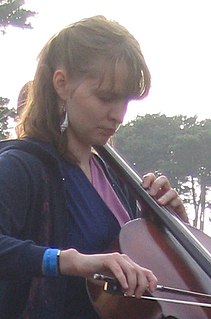A Quote by Tim McIlrath
Music speaks to people at a level that is much more universal and can kind of trigger things in the listener in ways that other forms of communication can't.
Related Quotes
I started playing classical music, and I still do. I think music ultimately is kind of on a theoretical level, is about collecting and learning as much vocabulary as possible. It's kind of like writing. It's kind of like writing because the more you read, the more you hear people describe things. The more you soak in, as far as vocabulary, the more access you have in order to express yourself accurately and vividly.
In some ways, jazz is the most precise of art forms and the loosest in the sense that it's all about improvisation, but the musicianship required is kind of insane. To actually play with real jazz musicians is a different level of musicianship that almost has no equal in any other form of music in the world.
I love making music. I feel like people often get into that 'you should only make music for yourself' kind of place, where they say things like, "I don't write for other people, I write for myself," and I feel like that misses the mark so much because music, especially pop music, is so much more than yourself.
Things always change and evolve and now there are a lot of other ways for people to hear music that weren't as available in the past. Yes there are way more venue closures, but at the same time there are so many newer ways via social media and other digital platforms for emerging artists to spread their music and make an impact.
A reason to have computers understand natural language is that it's an extremely effective way of communicating. What I came to realize is that the success of the communication depends on the real intelligence on the part of the listener, and that there are many other ways of communicating with a computer that can be more effective, given that it doesn't have the intelligence.
In one sense, Facebook is very focused as an address book, as efficient communication. It's like e-mail or like IM or something like that. And we do those things, too, but we do so much more. We try to focus on the whole world and all the things that people are interested in, rather than just people to people, or one to one communication.
The relationship that people have with music is entirely different now. People spend much less time experiencing music on a one on one level than they could have if they were a part of a different generation. I find this ironic since we have so many tools at our finger tips to be engaged by media in all forms.

